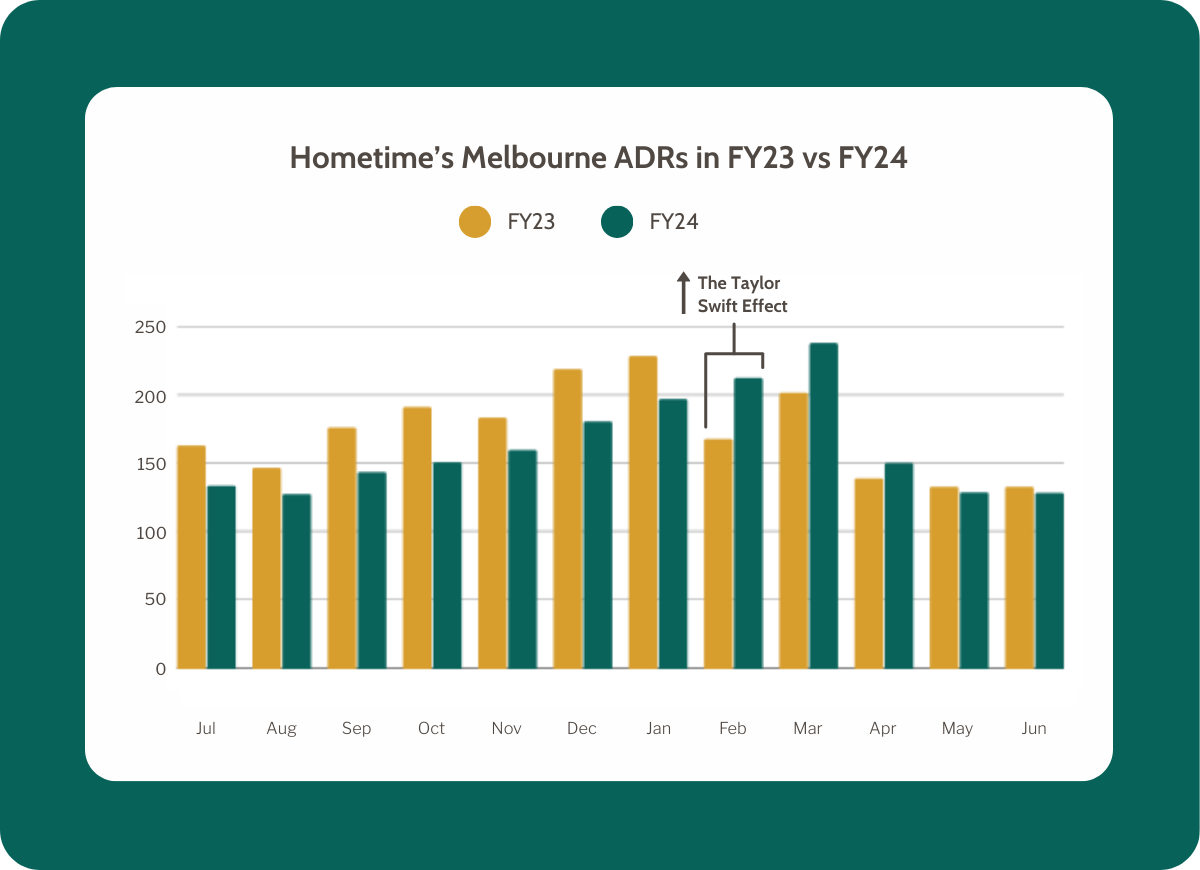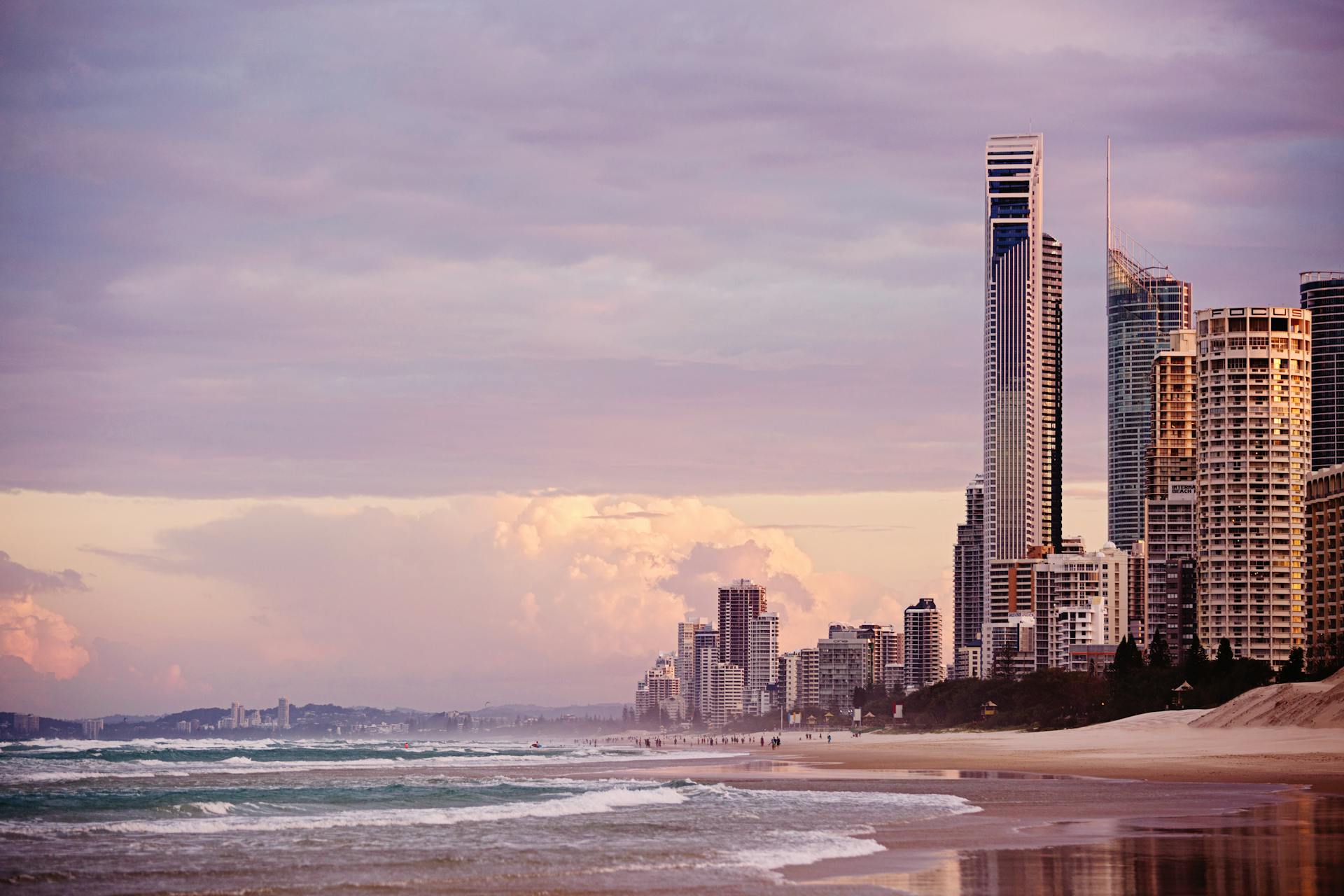7 interesting and fun Airbnb facts

Since its inception in 2007, Airbnb has reshaped how people travel and stay. Whenever you travel, you now have so many options to choose from in terms of accommodations: hotels, shared flats, villas, and beachfront properties — just to name a few. Airbnb's reach has grown so much that there's likely a property that suits everyone's tastes, no matter how specific or eccentric may be.
How much do you really know about Airbnb and their journey? Here are some fun Airbnb facts you might not know:
Our favourite Airbnb fun facts:
1. The origins of 'air' in Airbnb
Airbnb was first known as 'Air Bed and Breakfast'. Born out of necessity, its founders started by renting out air mattresses in a tiny San Francisco apartment that offered airbeds and breakfast to conference attendees. This humble beginning is a testament to Airbnb's innovation, growing to the $30 billion beacon of global travel it is today.
2. A global mindset
Though Airbnb had a very humble beginning in that apartment in San Francisco, it is now being embraced in virtually every corner of the planet, with listings in over 100,000 cities worldwide. Whether you're looking for a short-term rental near the beach, in the woods, on a mountain top, or whatever it is you could dream of, there's probably something that will suit your fancy.
Interested in booking an Airbnb in Australia? Check out our curated list of recommendations.
3. The heart of Airbnb
Have you ever glanced at Airbnb's logo and wondered what it might mean? Known as the Bélo, this emblem is more than just a design; it symbolises Airbnb's ethos. The logo combines four elements: a head, a location icon, a heart, and the letter ‘A’. But why these particular elements?
- A Head: Representing people, the cornerstone of Airbnb's community.
- A Location Icon: Symbolising the places that bring people together.
- A Heart: The universal symbol of love and connection.
- An ‘A’: Standing for Airbnb itself, the platform that unites all these elements.

4. Airbnb now offers both unique stays and experiences
Did you know that Airbnb not only offers short-term rentals, but also unique experiences such as personalised tours, cooking classes, and the like, with hosts earning up to $10,000 annually from such activities. From online experiences to unique stays like tiny homes, Airbnb is redefining travel experiences.
5. Market trends and insights
The average nightly price on Airbnb is approximately $137, varying by region. Due to the ever-changing market demands and travel trends, hosts are adapting their strategies to maximise their rental returns.
Learn about recent short-term rental trends with our guide on the best Airbnb markets in Australia.
You can also reach out to one of our Hometime experts to learn more about the local Airbnb market and how you can grow your short-term rental
.
.webp)
6. Empowering women across the globe
Something you might not know about Airbnb is that over half of Airbnb hosts are women. These incredible entrepreneurs have transformed their homes into welcoming spaces, redefining hospitality and earning over $600 million.
.webp)
7. The impact of Airbnb Superhosts
A key Airbnb fact, especially for aspiring hosts, is that Airbnb’s Superhosts earns 64% more than a regular host on average. Airbnb's Superhost program recognises the most dedicated and top-rated hosts on the platform, and they collectively earned a staggering $23 billion between October 2021 and September 2022.
There are currently over more than one million Airbnb Superhosts globally. You, too, can reach Airbnb Superhost status and start earning more from your short term rental by checking out our guide on how to become an Airbnb Superhost.
Hometime tip: Hometime's revenue and booking management services can help you become a better Airbnb host.
Hands-off Airbnb management in Australia
At Hometime, we understand the nuances of hosting on Airbnb. Whether you’re a seasoned host or just starting, our expertise and personalised approach can elevate your Airbnb management and hosting experience. Get in touch with us at Hometime to unlock the full potential of your property with the following services:
- Property onboarding:
We’ll help you set up your short-term rental as quickly as we can so you can start getting bookings ASAP. - Listing optimisation:
Our team constantly works on improving your listing through great content showcasing the best of the property with high-quality professional photos, and creating detailed guides for your guests. This includes property styling and photography to make your Airbnb stand out and to maximise its appeal. - Dynamic pricing strategy:
Hometime’s pricing analysts and market experts will help optimise your revenue while increasing occupancy at the same time. - Airbnb cleaning services:
We’ll find the best cleaners in your area for regular cleans and restocking between stays, paid for using the built-in cleaning fee from the booking. No need to pay out of pocket between guest stays. - Guest communication and management:
We go the extra mile to ensure your guests enjoy every part of their stay, from making the booking, checking in, checking out, and everything in between. This includes taking care of maintenance issues quickly, providing alternatives for late-night arrivals, and even meeting them in person when needed! - Property maintenance:
Hometime’s local Airbnb experts will sort out all your maintenance needs to make both you and your guests happy. We’ll also do our best to get you the best rates for services in the area due to our close relationships with local businesses.
.webp)

Amenities
Lorem ipsum dolor sit amet consectetur. Gravida elementum dolor semper felis pulvinar feugiat risus adipiscing dictum. Ultricies nec elementum nisi ut. Cras diam odio sed auctor pellentesque. Sit nisl ipsum id convallis tristique. Malesuada.
Frequently Asked Questions










